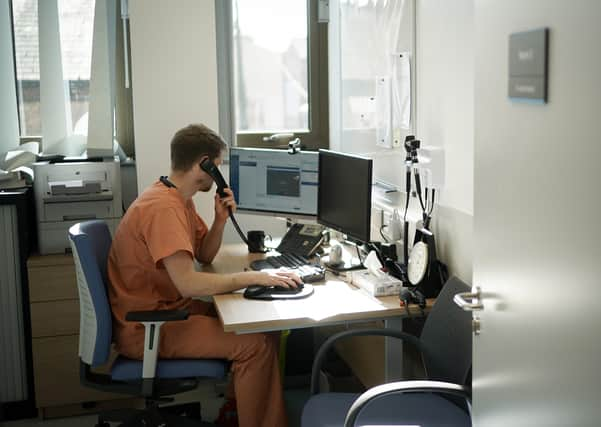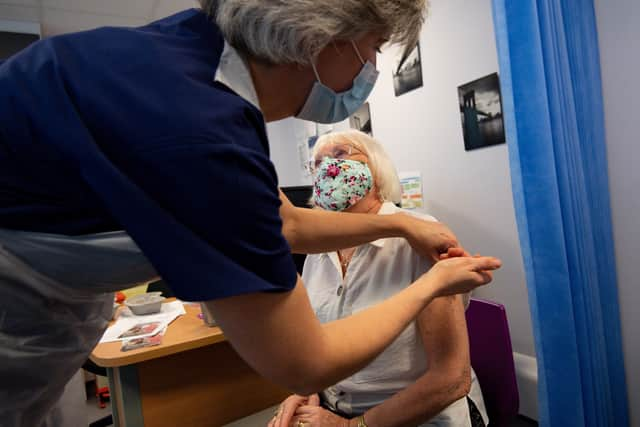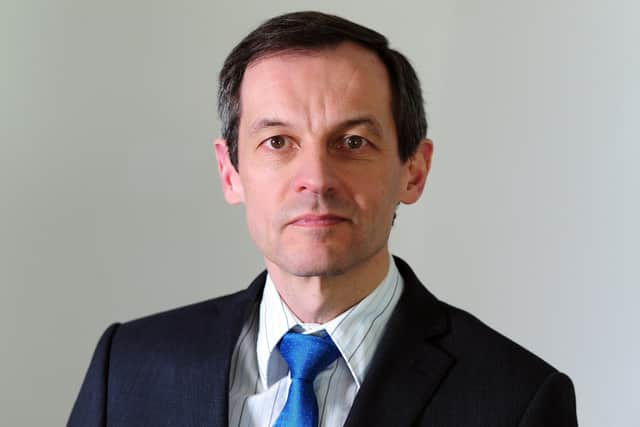GPs are working flat out; don’t blame them over appointments – Yorkshire Post Letters


WE need to be very clear, GP practices have continued to see patients in person during the pandemic but, as with many other NHS services, the number of face-to-face appointments has understandably had to reduce to protect patients – particularly those at higher risk if exposed to such a potentially lethal virus – and to protect our staff (The Yorkshire Post, May 13).
In the face of social distancing and infection control restrictions, practices should be commended, not condemned, for providing more than half of their appointments face-to-face. Even as restrictions ease, Covid is still circulating and new variants remain a concern, so to continue protecting patients, we have to limit how many can be in the surgery at any one time – something even NHS England note in its guidance. Sometimes this means a surgery waiting room with space for 40 patients can now hold only six, affecting the number of patients that can be physically seen each day.
Advertisement
Hide AdAdvertisement
Hide AdSo while the new guidance encourages face-to-face appointments to be offered if requested and where there is no clinical reason not to, NHS England must clarify exactly how practices will be expected to meet demand, and be clear with patients that this will mean waiting longer if they wish to see a doctor in person.


As Covid becomes less of a threat, phone and online consultations will continue to play an important role for many, but patients should also be reassured that face-to-face appointments will increase as it becomes safe to offer them and where local capacity allows.
Most GPs chose family medicine because they recognise the benefit of longstanding relationships with patients and communities. They do not want to be call centre clinicians, but do want to get back to seeing more of their patients face-to-face. But this cannot happen overnight and there must be honesty around the current state of play.
Practices in England are delivering more than a million appointments each day, as well as now beginning to manage the huge backlog of patients who did not receive the care they needed because of the pandemic. This ‘invisible’ waiting list is just as real as the record number of patients waiting for hospital treatment – many of whom will also return to their GP for ongoing care.
Advertisement
Hide AdAdvertisement
Hide AdPractices require understanding, support and resourcing from the Government so that they can meet demand and are able to offer patients a choice in the ways they can get the care they need.


Support The Yorkshire Post and become a subscriber today. Your subscription will help us to continue to bring quality news to the people of Yorkshire. In return, you’ll see fewer ads on site, get free access to our app and receive exclusive members-only offers. Click here to subscribe.
Comment Guidelines
National World encourages reader discussion on our stories. User feedback, insights and back-and-forth exchanges add a rich layer of context to reporting. Please review our Community Guidelines before commenting.